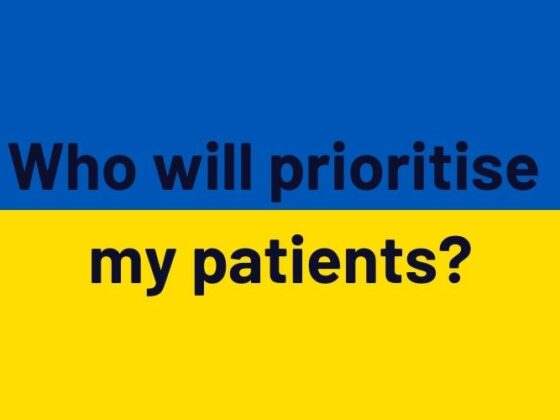‘Usual’ use of mobile phones does not increase the incidence of brain tumours. The prospective study, published in the Journal of the National Cancer Institute, 30 March 2022, found no statistically significant associations between ‘ever’ users and ‘never’ users of mobile phones for all brain tumours, and for the subtypes gliomas, meningiomas, pituitary tumours and acoustic neuromas.
“These results support the accumulating evidence that mobile phone use under usual conditions doesn’t increase brain tumour risk,” says co-investigator Kirstin Pirie, of the Cancer Epidemiology Unit at Oxford University’s Nuffield Department of Population Health.
Over the last few decades mobile phones have become an everyday device, with an estimated 8.65 billion users worldwide in 2021. To enable wireless communications, cellular phones emit radiofrequency electromagnetic fields (RF-EMFs). Since mobile phones are held close to the temporal and parietal lobes, concerns have been raised about RF-EMFs causing adverse biological effects to brain tissue. Most studies investigating connections between mobile phones and cancer have been retrospective, with participants reporting mobile phone use following a diagnosis of cancer, creating possibilities for bias. Ongoing debate around the carcinogenicity of RF-EMFs has recently been fuelled by two animal bioassays observing an increase in heart schwannoma.
In the current study, investigators from the Cancer Epidemiology Unit at the University of Oxford and the International Agency for Research on Cancer (IARC), France, reviewed data from the UK Million Women Study which had recruited one in four of all UK women born between 1935 and 1950. Around 776,000 participants completed questionnaires about mobile phone usage in 2001, with around half of these women surveyed again in 2011. Participants were then followed for an average of 14 years through linkage to NHS records, providing data on deaths and cancer registrations (including non-malignant brain tumours). Cox regression models were used to estimate the hazard ratios (referred to as relative risks) for outcomes of interest relating to mobile phone use.
Results showed that, over 14 years follow-up, 3,268 women (0.42%) developed a brain tumour. Relative risk (RR) for ‘ever’ versus ‘never’ cellular mobile phone use for all brain tumours was 0.97 (95%CI 0.90‒1.04), for glioma it was 0.89 (95%CI 0.80‒0.99), for glioblastoma 0.93 (95%CI 0.82–1.06), and for meningioma, pituitary tumours, acoustic neuroma and other tumours it was close to 1.
The incidence of right-sided and left-sided tumours were similar in mobile phone users, even though mobile phone use tends to be considerably greater on the right side as opposed to left.
“In this large-scale prospective study of UK women, there was little to suggest that the use of cellular telephones increases the risk of brain tumours, overall or by subtype or by tumour location. This finding supports the accumulating evidence that cellular telephone use under usual conditions does not increase brain tumour risk,” conclude the authors. Future research, they add, should specifically target very heavy cellular telephone users, with attention to new features of a continuously evolving technology.
“Given the lack of evidence for heavy users, advising mobile phone users to reduce unnecessary exposures remains a good precautionary approach,” says lead investigator Joachim Schüz from IARC.
Such precautionary approaches, suggest the authors, include reducing exposure by using head phones or loudspeakers for calls of long durations.
In an accompanying editorial Douglas Weed, retired from the US National Cancer Institute, writes, “In sum, the results of this study push things a little closer to the consensus view on causation.”
The current results, Weed points out, contrast with an earlier analysis of the same cohort (published in 2013) which found long-term users versus never users of mobile phones had increased risk of acoustic neuromas.












